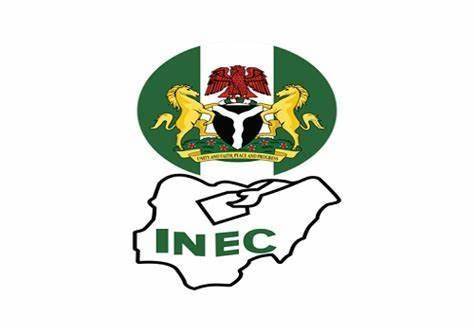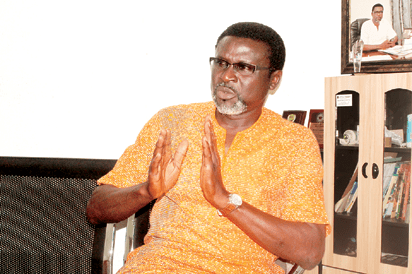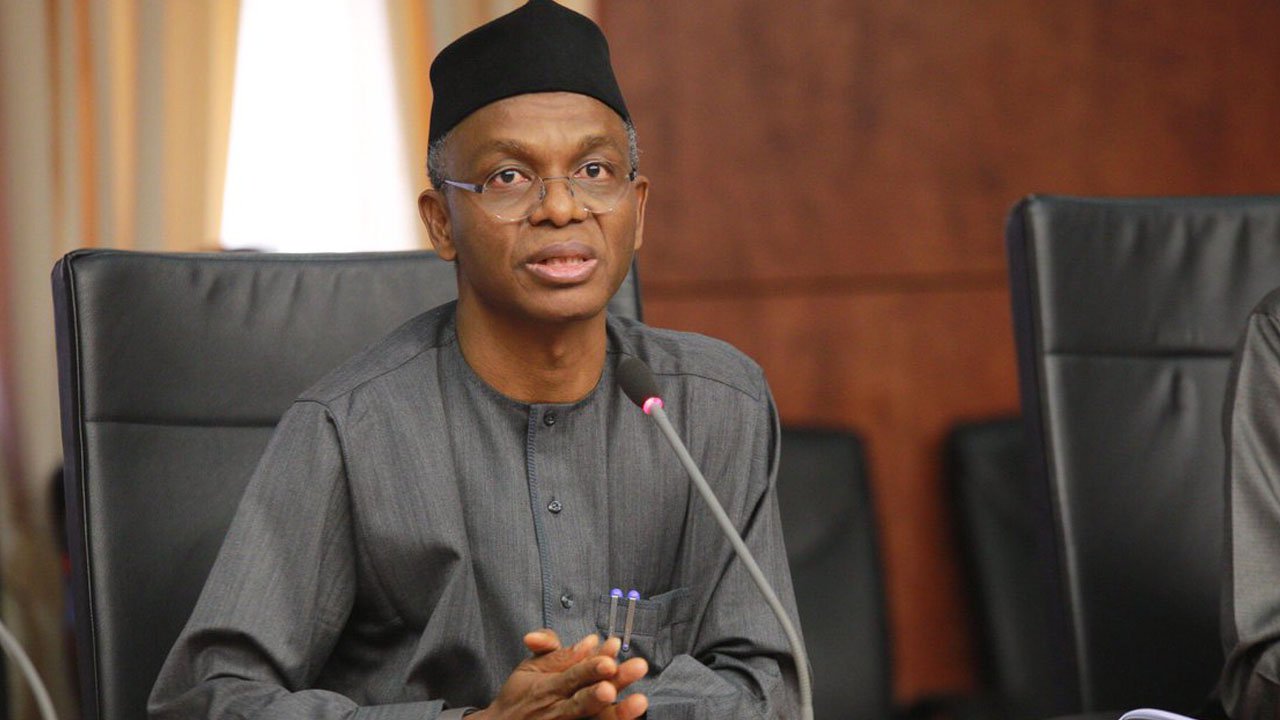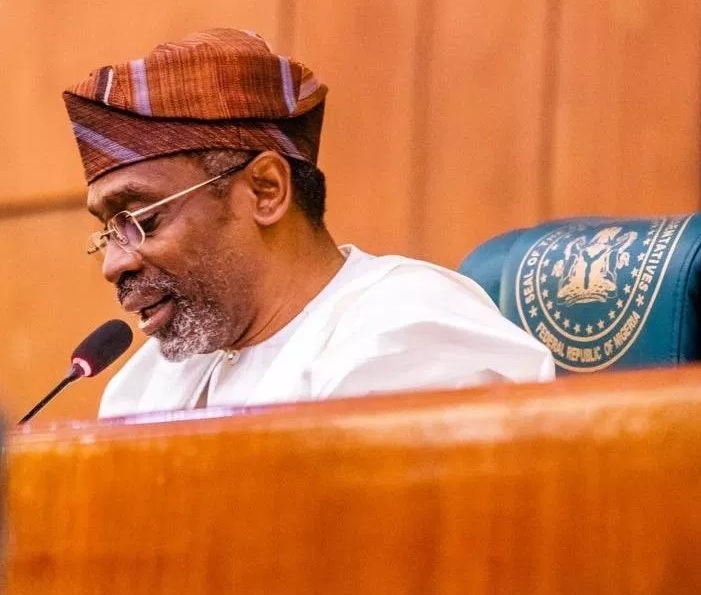INEC Chairman to Politicians: Sponsors of electoral offences ‘ll soon face prosecution

Tunde Opalana, Abuja
Chairman, Independent National Electoral Commission (INEC), Prof. Mahmood Yakubu on Wednesday send warning signals to politicians across party lines that the long arms of the law will soon catch with those who sponsor thuggery, ballot box snatching, and other forms of election infractions.
He assured Nigerians and stakeholders in the political process that sanity will be totally restore to the process when the bill seeking the establishment of the National Electoral Offences Commission is passed by the National Assembly and the prosecuting body put in place.
The chairman added that the establishment of the prosecuting commission will complete the entire electoral reformation process needed to be put in place before the 2023 general election.
Prof. Yakubu also disclosed that a comprehensive timetable and schedule for the 2023 poll will be released by INEC in November this year.
The chairman said these in a keynote address he delivered at the National Assembly, Abuja during the public hearing by the Senate Committee on Independent National Electoral Commission (INEC) on a bill seeking to establish the National Electoral Offences Commission.
The bill was sponsored by Senator Abubakar Kyari (APC Borno).
Yakubu said the Commission, since the 2015 general elections, had secured 60 convictions out of the 124 cases filed in court while lamenting that INEC expended huge sum of its budgetary allocations on legal matters resulting from these prosecutions.
He said “we will like to see more prosecution offenders not just of ballot box snatchers and falsifiers of result of election but most importantly, their sponsors.
“We look forward to the day when highly placed sponsors of thuggery including chieftains of political parties and candidates will be prosecuted. By doing so, we believe that we will send an even bigger message”.
The chairman seized the occasion to reiterated his appeal to the National Assembly to speed up process of passing the amendment to the Electoral Act 2010 do that the nation can have an holistic law guiding future electoral process.
According to him, a clarified and certain electoral legal framework is needed to govern the conduct of 2023 general election, adding that this should be put in place before the next general election.
Yakubu said: “I will like to reiterate our appeal to the National Assembly for the expeditious passage of the Electoral Offences Commission Bill and the pending review of the Electoral Legal Framework generally.
“We are confident that the National Assembly will conclude work on the legal framework in earnest.
“The commission is anxious to know the legal framework to govern the conduct of the 2023 general elections.
“By the principle established by the commission, the 2023 general elections will hold on Saturday, 18 February 2023 which is exactly one year, nine months, two weeks and six days away from today.
“We hope to release the timetable for the general elections immediately after the Anambra governorship election scheduled to hold on the 6th of November 2021.
“In order to do so, there should be clarity and certainty about the electoral legal framework to govern the 2023 general election.
“We are confident that the national assembly will do the needful and to do so in earnest.”
The Chairman of the Senate Committee on INEC, Senator Kabiru Gaya, said between the 1999 and 2019 elections, the country had witnessed an increase of electoral violence across the country.
This he said, did not correspond with the number prosecutions and convictions of electoral offenders.
Gaya said the “bill will no doubt change the narrative of our electoral process, a process which is conditioned by a situation where violators of Electoral Laws over the years are not deterred neither have they been effectively prosecuted.”
Meanwhile, the Office of the Attorney General of the Federation and Minister of Justice faulted some sections of the bill.
A representative of the minister, Mr Abah Anthony, said “Section 6 and 7 of the proposed Bill — the Functions and Powers, propose to empower the Commission to prosecute electoral offences — appear to run contrary with section 174 of the Constitution on the powers of the Attorney-General of the Federation with respect to all public prosecutions.
“This explicit proposal would amount to a duplication of powers. At best, the Bill may propose for the power to prosecute electoral offences to be obtained via a fiat of the Attorney-General of the Federation or of the State, where applicable.”
Presentations were made by representatives of the National Youth Service Commission (NYSC), the Nigerian Labour Congress (NLC), and members of the civil society organisations such as Yiaga Africa and Policy and Advocacy Centre (PLAC).
The bill seeks to establish Electoral Offences Commission for the investigation of electoral offences and of electoral offenders in Nigeria.








